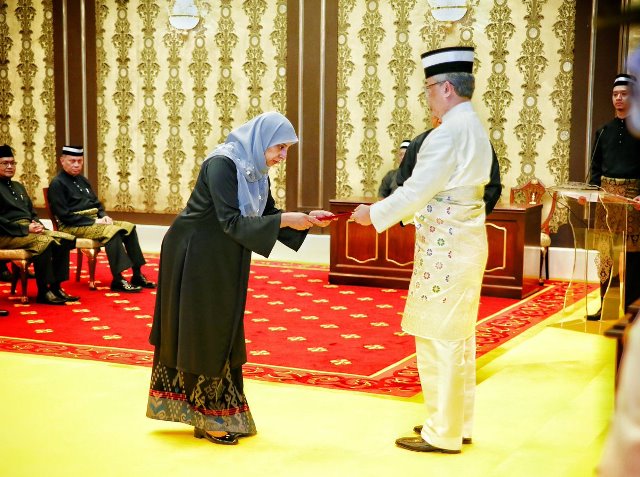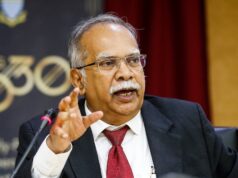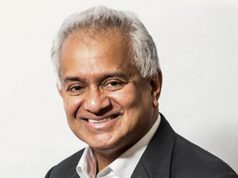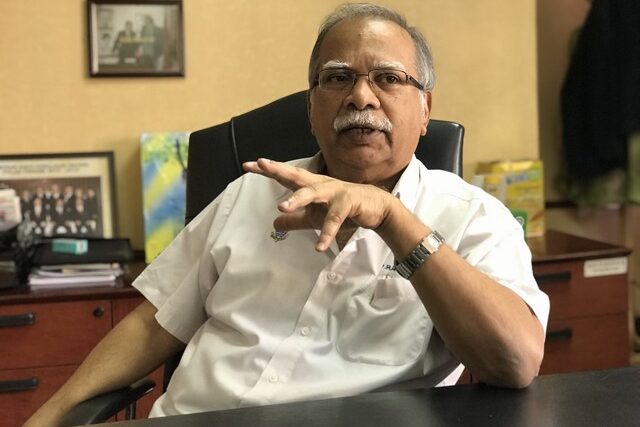

MACC chief commissioner Latheefa Koya said it would enable the respondents to provide evidence to deny their involvement in the 1MDB scandal.
“The 41 respondents have the opportunity to respond to and argue the case. Those who have solid evidence on how they received the money are welcomed to file an affidavit and we will reply in court. Giving evidence through the media or other platforms will just sensationalise the issue. Put it in the affidavit, then only it can be used in court,” she told reporters after taking her oath of office as the new MACC chief commissioner before the Yang di-Pertuan Agong Al-Sultan Abdullah Ri’ayatuddin Al-Mustafa Billah Shah at Istana Negara here today.


On June 21, Latheefa announced that the MACC had, on June 19, filed civil forfeiture suits against 41 individuals and entities to recover some RM270 million related to 1MDB, in accordance with the Anti-Money Laundering, Anti-Terrorism Financing and Proceeds of Unlawful Activities Act 2001.
She said it was done as the agency believed that the monies were transferred to the 41 respondents from Najib’s bank account.
The 41 respondents comprise political parties, foundations and companies, including UMNO divisions, Parti Rakyat Bersatu Sabah, MCA and the Pertubuhan Kebajikan dan Dakwah Islamiah Malaysia (Pekida).
Meanwhile, Latheefa disclosed that several respondents had agreed to return the money they received to the government without waiting for the trial.
“For those who have agreed to return the money, we can also seek a judgment of consent in court,” she said.
— BERNAMA










